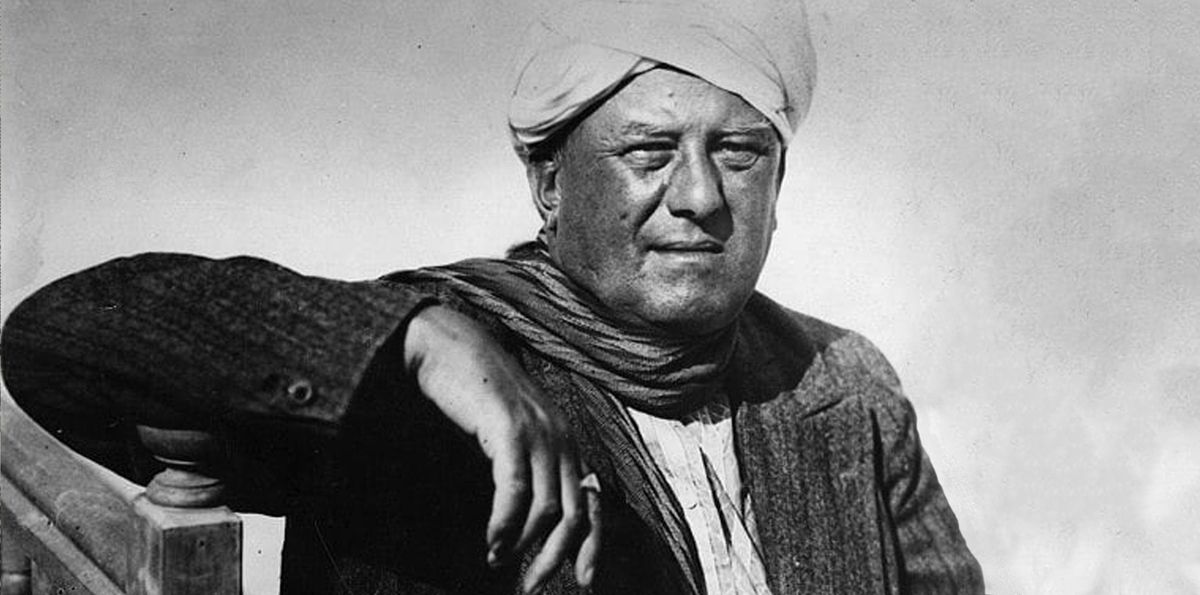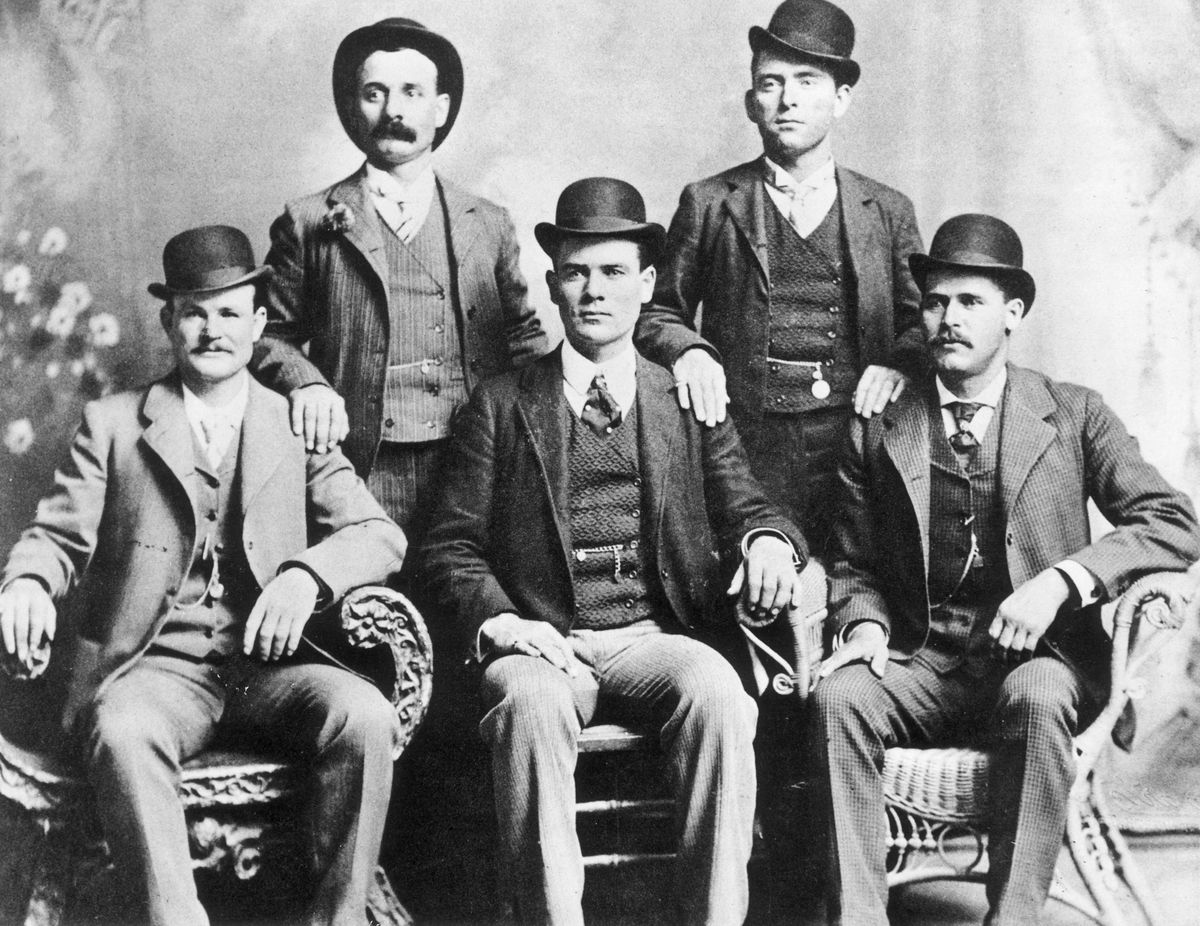
Who was Aleister Crowley? Aleister Crowley, often dubbed "The Great Beast," was a British occultist, writer, and mystic born in 1875. Known for his controversial beliefs and practices, he founded the religion of Thelema, which proclaimed, "Do what thou wilt shall be the whole of the Law." Crowley's life was filled with adventures, from climbing mountains to exploring ancient Egyptian rituals. He penned numerous books on magic and the occult, leaving a lasting impact on modern esoteric thought. Despite his notoriety, Crowley remains a figure of intrigue, with many fascinated by his unconventional life and teachings.
Key Takeaways:
- Aleister Crowley, a controversial figure, created Thelema and was a prolific writer. His colorful personal life and unconventional beliefs continue to influence modern culture and spirituality.
- Despite his scandals and eccentricities, Crowley's impact on modern culture and spirituality is undeniable. His legacy as an influential occultist and writer lives on, sparking both admiration and controversy.
Early Life and Education
Aleister Crowley, born Edward Alexander Crowley, was an influential figure in the early 20th century. His life was filled with mysticism, controversy, and a quest for spiritual enlightenment.
- Crowley was born on October 12, 1875, in Royal Leamington Spa, England.
- His parents were devout Christians, members of the Plymouth Brethren, a strict evangelical sect.
- Crowley's father, Edward Crowley, was a successful brewer who died when Aleister was just 11 years old.
- He attended Trinity College at the University of Cambridge, where he studied English literature.
- During his time at Cambridge, Crowley became interested in occultism and mysticism, which would shape his future endeavors.
The Occult and Thelema
Crowley's fascination with the occult led him to create his own religious philosophy, Thelema. This philosophy became the cornerstone of his life's work.
- In 1904, Crowley claimed to have received a message from a supernatural entity named Aiwass, which led to the creation of Thelema.
- The central tenet of Thelema is "Do what thou wilt shall be the whole of the Law."
- Crowley wrote "The Book of the Law," which serves as the primary text for Thelemites.
- He founded the A∴A∴ (Argenteum Astrum) in 1907, an organization dedicated to the advancement of spiritual enlightenment.
- Crowley also became a prominent member of the Hermetic Order of the Golden Dawn, a secret society focused on the study and practice of the occult.
Controversies and Scandals
Crowley's life was marked by numerous controversies and scandals, often fueled by his unconventional beliefs and practices.
- He was often referred to as "The Wickedest Man in the World" by the British press.
- Crowley was accused of practicing black magic and performing sacrilegious rituals.
- He openly used drugs such as opium, cocaine, and hashish, which were part of his spiritual practices.
- Crowley was bisexual and had relationships with both men and women, which was highly controversial at the time.
- He was expelled from Italy in 1923 after being accused of conducting obscene and blasphemous rituals at his Abbey of Thelema in Cefalù.
Literary Contributions
Aside from his occult work, Crowley was a prolific writer and poet. His literary contributions spanned various genres and topics.
- Crowley wrote over 40 books and numerous essays on magic, mysticism, and philosophy.
- His autobiography, "The Confessions of Aleister Crowley," provides an in-depth look at his life and beliefs.
- He penned several novels, including "Moonchild" and "Diary of a Drug Fiend."
- Crowley also wrote poetry, with notable works such as "White Stains" and "The Sword of Song."
- His writings have influenced many modern occultists and continue to be studied by those interested in the esoteric.
Influence on Modern Culture
Crowley's impact extends beyond the realm of the occult, influencing various aspects of modern culture.
- He appeared on the cover of The Beatles' "Sgt. Pepper's Lonely Hearts Club Band" album.
- Crowley's teachings have influenced numerous musicians, including Led Zeppelin's Jimmy Page and David Bowie.
- He is often referenced in popular culture, from movies to television shows to comic books.
- Crowley's life and work have inspired countless biographies, documentaries, and academic studies.
- His philosophy of Thelema has been adopted by various modern religious and spiritual movements.
Personal Life and Relationships
Crowley's personal life was as colorful and complex as his public persona. His relationships often reflected his unconventional lifestyle.
- He married Rose Edith Kelly in 1903, and they had a daughter named Lilith.
- Crowley had numerous romantic relationships, many of which were with his magical partners, known as "Scarlet Women."
- He fathered several children, though many of his relationships with them were strained or distant.
- Crowley was known for his eccentric behavior, including dressing in elaborate robes and adopting various personas.
- Despite his controversial reputation, Crowley had a close circle of friends and followers who were devoted to his teachings.
Later Years and Death
Crowley's later years were marked by financial difficulties and declining health, but he remained committed to his spiritual pursuits until the end.
- He spent his final years in a boarding house in Hastings, England, living in relative obscurity.
- Crowley continued to write and practice magic, even as his health deteriorated.
- He suffered from chronic asthma and bronchitis, which were exacerbated by his drug use.
- Crowley died on December 1, 1947, at the age of 72.
- His last words were reportedly, "I am perplexed," reflecting his lifelong quest for understanding.
Legacy and Impact
Aleister Crowley's legacy is complex and multifaceted, with his influence still felt in various fields today.
- Crowley is considered one of the most influential occultists of the 20th century.
- His writings and teachings continue to be studied by those interested in magic and mysticism.
- Crowley's life has been the subject of numerous books, films, and academic studies.
- He remains a controversial figure, with opinions on his work ranging from admiration to condemnation.
- Despite the controversies, Crowley's impact on modern spirituality and culture is undeniable.
Crowley's Lasting Impact
Aleister Crowley remains a controversial figure. His influence on occultism, literature, and popular culture is undeniable. From founding Thelema to his writings on magick, Crowley left a legacy that continues to fascinate and inspire. His life was filled with mystery, controversy, and innovation, making him a subject of endless study and debate.
Crowley's teachings have been interpreted in various ways, but his core message of self-discovery and spiritual freedom resonates with many. Whether you see him as a visionary or a villain, there's no denying his impact on the world of esotericism and beyond.
So, next time you hear his name, remember the complex individual behind the myth. Crowley was more than just a man; he was a phenomenon.
Frequently Asked Questions
Was this page helpful?
Our commitment to delivering trustworthy and engaging content is at the heart of what we do. Each fact on our site is contributed by real users like you, bringing a wealth of diverse insights and information. To ensure the highest standards of accuracy and reliability, our dedicated editors meticulously review each submission. This process guarantees that the facts we share are not only fascinating but also credible. Trust in our commitment to quality and authenticity as you explore and learn with us.


